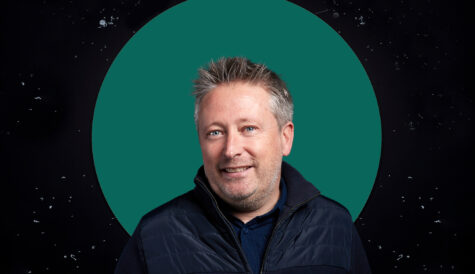BBC reveals more details on Beeb voice assistant, confirms international and commercial availability outside UK
 The BBC has revealed more details on its upcoming Beeb voice assistant.
The BBC has revealed more details on its upcoming Beeb voice assistant.
In comments made to DTVE following the BBC Global News Digital Upfronts in London, a spokesperson confirmed that the voice assistant, currently being developed under the working title ‘Beeb’, is “being constructed to be both international and commercial outside the UK”.
The voice assistant was announced at the end of August, and is being developed by the team responsible for existing BBC voice experiences including CBeebies bedtime stories and interactive games.
The spokesperson added that the broadcaster is currently considering its options, “including content sponsorship and pre-roll/mid-roll ad insertion” and that it is “actively seeking the input of advertisers and brands so that the ‘Beeb’ platform can be created in a way which fully meets their needs, as well as the audience’s”.
From a technical perspective, the voice assistant will be based on a new technology called Songbird. This uses synthetic speech generation to “transform the BBC’s existing text-based journalism into audio” and “listen to questions, and find an answer from the BBC’s immense vault of pre-existing journalism”.
In addition, Beeb is being developed with the BBC’s radio archives in mind, and that it will be able to present people with relevant audio clips.
The BBC also intends to make its news articles – the spokesperson said around 3,000 per day in forty languages – all available in speech format in a product that is independent of Beeb. This “fully commercial” product is set to launch in 2020, and will be integrated into the full BBC.com news site.
The spokesperson concluded: “Looking to the future, we have big ambitions to push the very limits of voice technology. As well as acting as a search tool, we hope that, one day, Beeb could even be able to actively create new, original content, by learning from and synthesising knowledge from across the BBC.”



